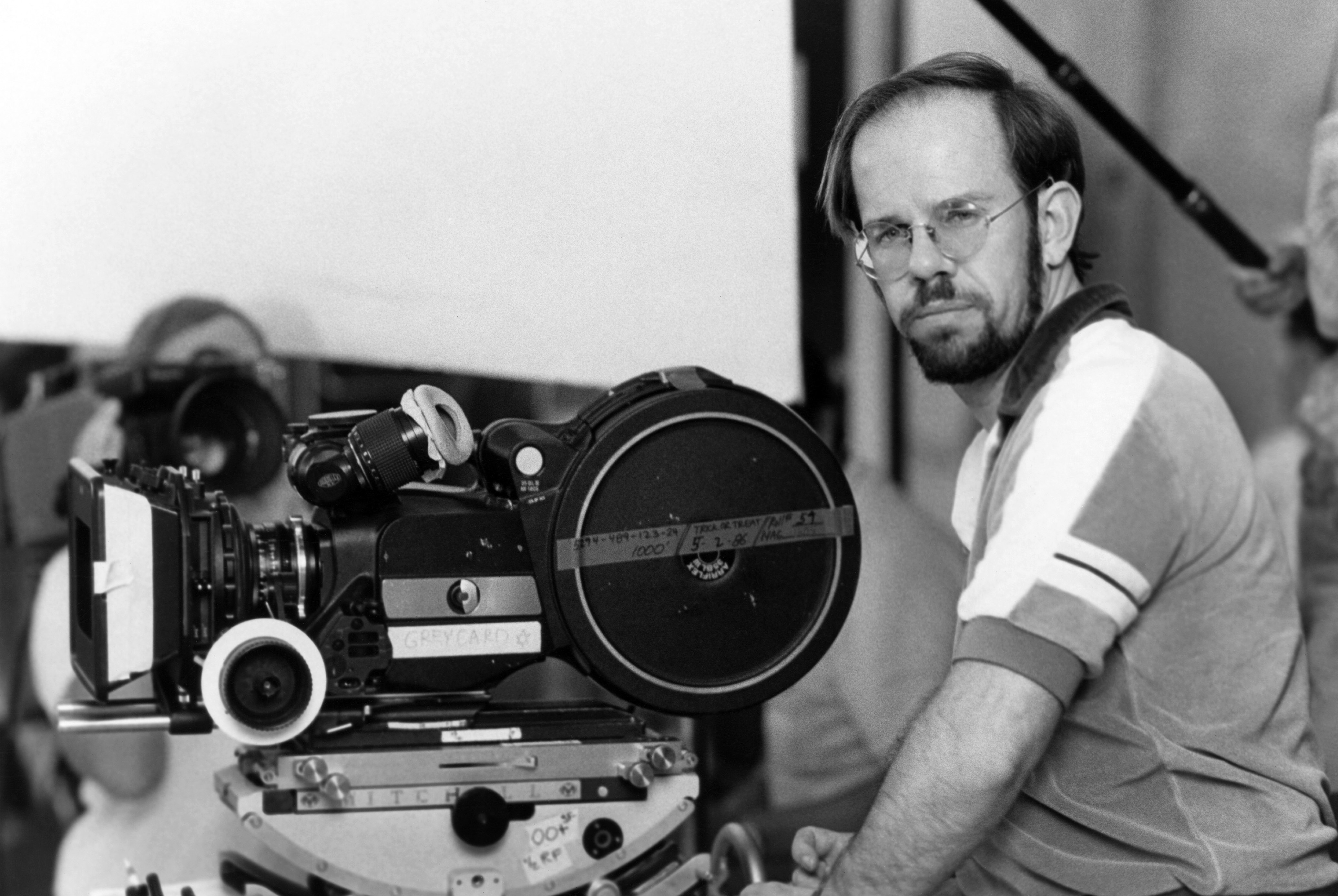
“Democrats call it ‘Medicare-for-all’ because it sounds good, but in reality, it actually ends Medicare in its current form,” Speaker of the House Paul Ryan asserted in a speech at the National Press Club in Washington, D.C., on Oct. 8.
Tasos Katopodis/Getty Images
hide caption
toggle caption
Tasos Katopodis/Getty Images
Once again, Medicare is moving front and center in this fall’s campaigns.
Throughout the election season, Democrats have been criticizing Republicans over votes and lawsuits that would eliminate insurance protections for pre-existing conditions for consumers.
But now Republicans are working to change the health care conversation with a tried-and-true technique used by both parties over the years: telling seniors their Medicare coverage may be in danger.
It’s not yet clear, however, whether these dependable voters are responding to the warning.
Republicans charge that Democrats’ support for expanding Medicare would threaten the viability of the program for the seniors who depend on it.
“The Democrats’ plan means that after a life of hard work and sacrifice, seniors would no longer be able to depend on the benefits they were promised,” President Trump wrote in a guest column for USA Today on Oct. 10. “Under the Democrats’ plan, today’s Medicare would be forced to die.” The column was filled with false and unsubstantiated claims, as NPR’s Scott Horsley reported.
In a speech to the National Press Club on Oct. 8, House Speaker Paul Ryan, R-Wis., said almost exactly the same thing. “Democrats call it ‘Medicare-for-all’ because it sounds good, but in reality, it actually ends Medicare in its current form,” Ryan said.
It’s a sentiment being expressed by Republicans up and down the ballot. In New Jersey, where Republican Assemblyman Jay Webber is running for an open U.S. House seat, he enlisted his elderly father in one of his ads. After the candidate notes that his opponent is “interested” in Medicare-for-all, Webber’s father, Jim Webber, says, “That would end Medicare as we know it.”
Fact-checkers have repeatedly challenged these claims. Health insurance analyst Linda Blumberg of the Urban Institute told PolitiFact that suggesting Medicare-for-all would disrupt current enrollees’ coverage is a “horrible mischaracterization of the proposal.” Glenn Kessler of The Washington Post‘s “Fact Checker” column noted that a leading proposal “in theory would expand benefits for seniors.”
And Democrats are far from united on the topic of expanding Medicare, but that is not preventing Republicans from suggesting that they are. In New Jersey, Webber’s Democratic opponent, Mikie Sherrill, is actually not one of the many Democrats who have specifically endorsed the idea of “Medicare-for-all.”
The reason Republicans are pushing the Medicare issue this fall, says Harvard public health professor and polling expert Robert Blendon, is because “people over 60 are very high-turnout voters,” particularly in nonpresidential election years like 2018. (Blendon works with NPR on polls conducted in collaboration with the Robert Wood Johnson Foundation and the Harvard T.H. Chan School of Public Health.)
Issues involving Medicare and Social Security can motivate those older voters even more, says Blendon, “because they are so dependent on [those programs] for the rest of their lives. Retirees are very scared about outliving their benefits.”
Medicare is often a rallying cry for politicians from both parties during elections.
In 1996, Democrats in general and President Bill Clinton in particular campaigned on the early GOP attempts to rein in Medicare spending. Republicans coined the term “Mediscare” to describe Democrats’ attacks.
But in the 2010 midterm contests, Republicans went on the attack. Just after the passage of the Affordable Care Act, Republicans zoomed in on the billions of dollars in Medicare payment reductions imposed on health providers to help pay for the rest of the law, sparking protests against Democrats around the country.
Later, after Republicans regained control of the House in that election, Ryan, then head of the House Budget Committee, opted to call for a repeal of everything in the ACA except the Medicare reductions the GOP had so strongly campaigned against in 2010.
This year, the Democrats are hammering back, noting that both Trump and the GOP Congress have proposed more cuts to Medicare and that under Republican leadership, the insolvency date of the Medicare trust fund has gotten closer.
“First they passed a tax bill that gave a huge windfall to corporations and the wealthy, despite warnings from nonpartisan scorekeepers that it would explode the deficit,” said a statement from Oregon Sen. Ron Wyden, the top Democrat on the Senate Finance Committee. “Then, before the ink was even dry the knives came out for Medicare, Medicaid and Social Security.”
Trump’s economic adviser Larry Kudlow has suggested that the administration will push for larger entitlement cuts in 2019.
For his part, Senate Majority Leader Mitch McConnell, R-Ky., in an interview with Bloomberg News, blamed higher deficit numbers on Medicare and other entitlement programs rather than the GOP’s tax cuts from 2017.
“We can’t sustain the Medicare we have at the rate we’re going, and that’s the height of irresponsibility,” he said.
Despite the coordinated talking points, it is unclear whether this year’s GOP attacks on Democrats over Medicare will work. That is not just because Democrats have ammunition to throw back, but also because seniors don’t seem particularly threatened by the idea that expanding insurance to others could jeopardize their own coverage.
In a poll conducted by the Kaiser Family Foundation in September 2017, seniors were no more likely than younger respondents to say they thought health care costs, quality and availability would get worse if the U.S. instituted a national health plan. Fewer than a third of respondents overall, as well as those 65 and older, said they thought national health insurance would worsen their own coverage. (Kaiser Health News is an editorially independent program of the foundation.)
In addition, pollster Geoff Garin, president of Hart Research, said in a conference call with reporters Oct. 15 that the attacks on “Medicare-for-all” are not showing up in polls yet. But he said he’s skeptical of how much impact they could have.
“The basic idea of expanded health care in America is generally pretty popular,” he said.
Still, Harvard’s Blendon says he understands why Republicans are trying: “Seniors are critical for Republicans to maintain their majority.”
Kaiser Health News is a nonprofit news service covering health issues. It is an editorially independent program of the Kaiser Family Foundation that is not affiliated with Kaiser Permanente.
Let’s block ads! (Why?)




